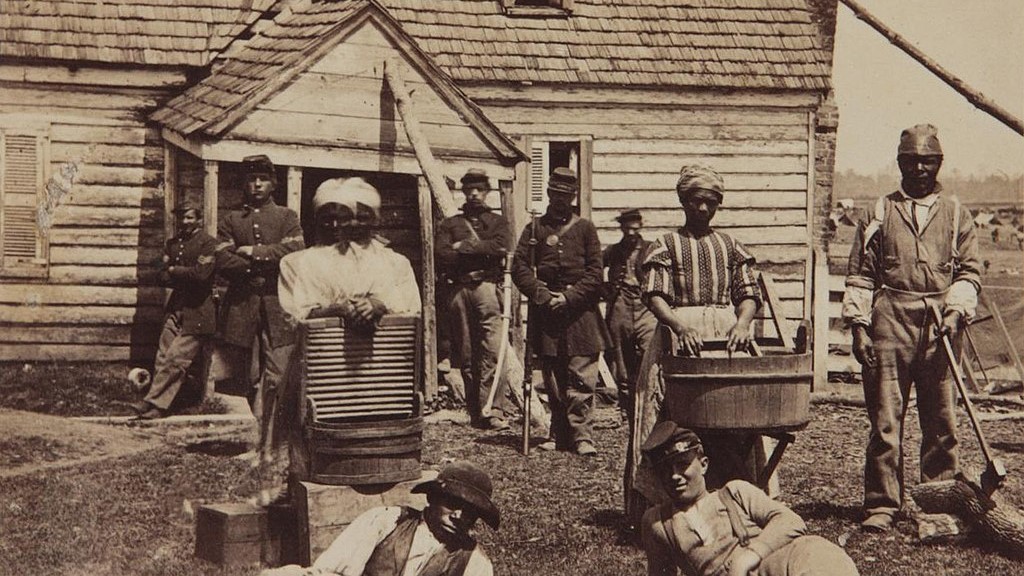January 2011
Mary Jane Armstrong Henney, of Mansfield, Ohio, who is 87 years old, writes: “I compile books on local history. My contention is that the original text, written at the time history happened, is more accurate and revealing than what is written in later years,” With her letter, Mrs.

Mary Jane Armstrong Henney, of Mansfield, Ohio, who is 87 years old, writes: “I compile books on local history. My contention is that the original text, written at the time history happened, is more accurate and revealing than what is written in later years,” With her letter, Mrs. Henney included these two photographs that nail down a bit of her own history: “When Carl, my little brother, receive his Kiddie Car for his third birthday in 1923, he could hardly wait for nice weather when he could take it outside to ride on the sidewalk. All of four years older, I was charged with watching and caring for him. Wearing his fireman’s hat and issuing his verbal siren, he rode contentedly for hours, occasionally stopping, as he put it, to ‘fill air in the tires’ before going to fight a fire.”
The early summer of 1945 found me in Kunming, China, a second lieutenant C-47 pilot in the 27th Troop Carrier Squadron of the Chinese American Composite Wing. Our primary job was to pick up the war supplies that Air Transport Command (ATC) flew in from India and to distribute them to the joint Chinese-American observation teams scattered all over China, many of them behind Japanese lines.
One clear, bright summer day, I had returned from a mission, arriving at Kunming about 4:00 P.M. I had been reloaded and was ready to leave for our base at Chengkung, about 15 miles south of Kunming. My loaded plane would then fly out the next day with another 27th crew.
“Slavery was no sideshow in American history,” says Dr. James Oliver Horton about the PBS series Slavery and the Making of America, which aired as this issue went to press and is now available on DVD. “It was the main event.”
Narrated by Morgan Freeman, Slavery and the Making of America is the most ambitious nonfiction film ever attempted on the subject. “I don’t think there’s ever been so much expertise on slavery assembled in one place,” says its executive producer, William R. Grant. “We took pains to select 25 of the most prominent scholars in early American history,” among them Dr. Horton, the Benjamin Banneker Professor of American Studies and History at George Washington University.

For Kevin Baker to place President Ronald Reagan in the overrated category (“Overrated & Underrated,” October 2004) is preposterous. In addition to sweeping away the dark days of Vietnam, Watergate, and cardigans from the minds of Americans, Reagan single-handedly won —no, that word needn’t appear between quotation marks—the Cold War. Millions of Eastern Europeans who once lived under Communist rule now live in freedom. The fall of the Soviet Union did not occur, I note, just following the Presidency of Truman, Eisenhower, Kennedy, Johnson, Nixon, Ford, or Carter. Its implosion began under Reagan, and it ended under Reagan’s successor, who happened to have been his Vice President for eight years.
The port of Bruges lies eight miles inland from the Belgian coast, served by a canal that opens to the sea at Ostend and Zeebrugge. In the bitter spring of 1918, Bruges Harbor teemed with German destroyers and U-boats that regularly came out to continue their years-long effort to starve Britain into surrender.
To counter these forays, Rear Admiral Roger Keyes, in command of the Dover Patrol, came up with a plan whose audacity verged on the suicidal. He would have several of his own cruisers sunk in precisely chosen spots, where their hulks would bottle up the German fleet. The British went in on April 22. The whole coast was heavily defended, but, at Zeebrugge, things were made even more difficult by the presence of a long mole, a massive seawall hooking out into the sea and now thickly planted with German artillery. This British marines and sailors would storm and hold for long enough to allow the cruisers to run the batteries and scuttle themselves.
